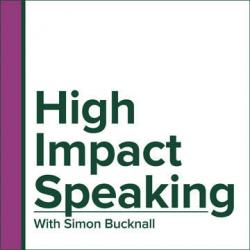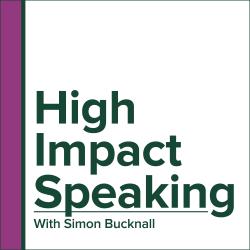| ||||
CommentsNo posts found, be the first! BB Codes
[b]Bold Text[/b]
[i]Italic Text[/i] [u]Underline Text[/u] [size=12]Sized Text[/size] [color=red]Coloured Text[/color] [quote]'Quote Text'[/quote] [url]http://example.com[/url] or [url=http://example.com]Example[/url] [img]http://example.com/image.png[/img] [list][*] Point one [*] Point two[/list] |




